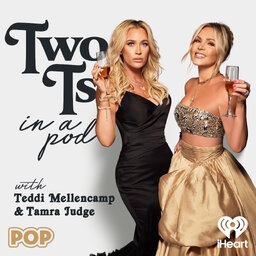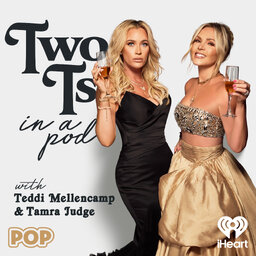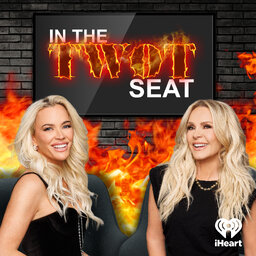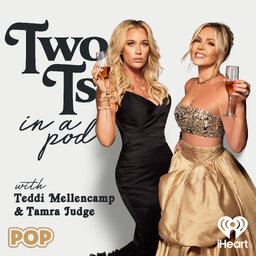Hope Floats
Teddi is bringing in a team of experts for a discussion about staying hopeful right now.
Can we find optimism, hope, positivity? Does it even exist right now?
Anxiety is at an all time high, you can't sleep at night, you're exhausted.
We can't solve everything but we have enlisted the best to try to help and ease your stress and worries, find a little calm, and make things just a little bit easier.
Learn more about your ad-choices at https://www.iheartpodcastnetwork.com
Two Ts In A Pod with Teddi Mellencamp and Tamra Judge
Teddi Mellencamp and Tamra Judge team up to Tell All. Listen each week as they watch and rehash as…Social links
Follow podcast
Recent clips

Gotta Love A Dad Bod (Southern Charm Recap)
37:37

Dirty Laundry & Dirty Secrets (Summer House Recap)
34:32

The Twot Seat: CAPTAIN JASON (Below Deck Down Under)
25:13
 Two Ts In A Pod with Teddi Mellencamp and Tamra Judge
Two Ts In A Pod with Teddi Mellencamp and Tamra Judge